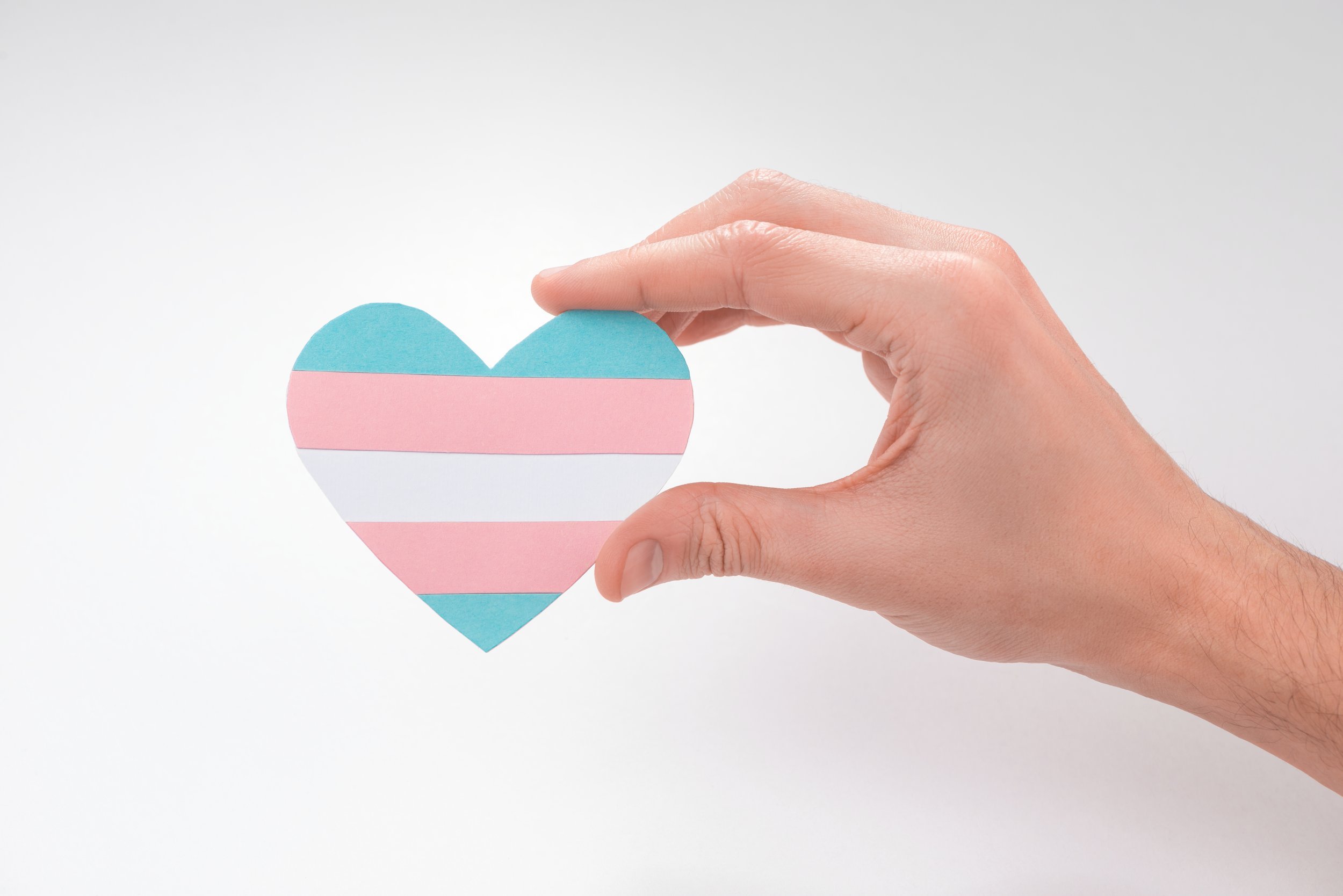How Therapy Can Help to Understand the Lived Experiences of Your Trans Loved Ones
Trans individuals are not a homogenous group. Their challenges, identities, and experiences can differ in degree and kind depending on their geographic location, phase of identity exploration and/or physical transition, support networks available, and other minority statuses.
Trans people often face discrimination in a variety of ways including verbal harassment, physical violence, and obstacles when it comes to employment or healthcare access. Unfortunately, members of minority groups who are also transgender are even more likely to experience these forms of discrimination, as they must confront both the stigma attached to being transgender as well as the stigma that comes with belonging to a minority group. This double discrimination can lead to further isolation, economic hardship, and mental health struggles. The theoretical framework, Intersectionality, can help to understand the unique challenges and difficulties that trans people belonging to minority racial or ethnic groups face in their lives.
Understanding Intersectionality
Intersectionality is the concept of examining how various forms of oppression and discrimination are linked, or intersect with each other. It considers how one's gender identity, race, ethnicity, socioeconomic class, sexuality, immigration status, religion, education level, disability status, and age work in concert to impact an individual's life experiences. In essence, intersectionality stresses that all aspects of our identities should be considered when making any kind of assessment.
Intersectionality allows us to look at the multi-layered ways in which individuals experience marginalization due to their gender identity, race, ethnicity, and other identity groups. It is important not only to recognize how each of these identities is distinct, but also how they intersect and contribute to a person's experiences. These intersections create unique complexities that must be understood in order to better address the needs of individual trans people. For example, a black trans woman is likely to face discrimination from both racial and gender-based prejudice. This intersectionality composes an experience that is unlike someone who does not share similar identities (e.g., a white trans man).
It is important to recognize intersectionality as it helps us better understand the unique experiences of trans individuals across different areas and communities. This understanding can help create effective policies and practices that are tailored to meet the needs of all trans people, regardless of race, gender identity or ethnicity, etc. Exploring intersectionality can also provide valuable insight into the ways in which our society and systems of power have created and sustained oppressive forces, such as racism and transphobia.
Supporting a friend or family member who has come out as trans
It can be overwhelming, scary and very difficult to share such a deeply intimate and vulnerable truth about oneself. Receiving acceptance and support from loved ones in return is extremely beneficial and healing for the individual coming out. Further, being an ally, you can significantly lessen the stigma and marginalization of those around you while also protecting/maintaining relationships with the people you love.
Appreciate their trust in you. Let your friend or family member know that you are grateful for their openness and trust. Reassure them that you will always be there for them, no matter what.
Educate yourself. Do some research to gain a better understanding of transgender communities and what it means to be trans. This can help you feel more informed and empowered to support your friend or family member.
Be open-minded and compassionate. Listen to your friend's story openly, without judgment. Ask questions if you have them, but don't pressure them for answers.
Respect their journey, no matter where they are in their process of transition or exploration.
Be an advocate. Speak out against transphobia and other forms of discrimination. Challenge people who make negative comments, but also try to educate them by providing accurate information about the transgender community.
Offer your support in tangible ways. Offer to help with any practical needs such as getting access to healthcare and finding a safe living space. Invite them out for activities or provide emotional support when they need it.
Showing consistent love and acceptance can make a big difference in their lives. At the end of the day, it is important to remember that everyone's journey is different. There is no right or wrong way to transition or explore gender identity. By being an ally, you can reduce stigma and create a more inclusive environment
Consider seeking professional advice as an ally.
Everyone's journey to understanding and embracing a trans or gender-nonconforming loved one can vary. Some parents, guardians, and friends may be accepting immediately. For others, it could take weeks, months, or longer.
Seeking professional therapy is a great way for friends and family members of transgender individuals to better understand their loved one’s experience. A therapist can provide guidance on how to be supportive, as well as provide resources and education about various transgender experiences. They can also help identify any underlying issues that could be impacting the individual’s journey and work through any negative emotions or beliefs.
Additionally, therapy can be an invaluable source of emotional support for friends and family members, who may be feeling overwhelmed by the situation or struggling with their own identity issues as a result of their loved one coming out. Ultimately, therapy can provide an opportunity to explore these difficult conversations in a safe and non-judgmental environment, helping to create a stronger bond between family and friends of transgender individuals.
Sources:
https://www.glaad.org/
https://www.aclu.org/

